
Alan Watts: The Philosopher Who Bridged East and West
Alan Watts, a British-born philosopher, author, and speaker, became one of the most influential voices in the West for introducing

Alan Watts, a British-born philosopher, author, and speaker, became one of the most influential voices in the West for introducing
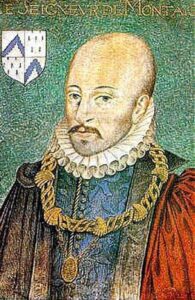
Michel de Montaigne’s Essays offer deeply personal reflections on the human condition, exploring self-awareness, life’s unpredictability, and the pursuit of virtue. Through his candid writing, Montaigne teaches us that wisdom comes from within and that embracing life’s uncertainties can lead to a richer, more meaningful existence. His philosophy remains a timeless invitation to reflect on our own lives with curiosity, humility, and an open mind.
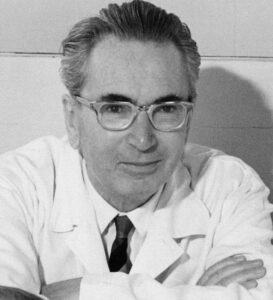
Viktor Frankl’s journey from surviving the Holocaust to developing logotherapy teaches us that even in the most unimaginable suffering, we can find meaning and purpose. His book Man’s Search for Meaning has inspired millions by exploring the depths of human resilience and the ability to transform suffering into a source of strength. Frankl’s message continues to resonate, offering hope in the face of life’s greatest challenges.
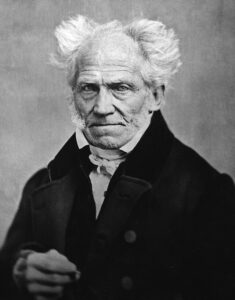
Arthur Schopenhauer’s philosophy, centered on the relentless nature of the human will, delves deeply into the unavoidable suffering that comes with existence. His thoughts on the will as the driving force behind endless desires influenced key thinkers like Nietzsche and Jung, shaping their own groundbreaking ideas. Schopenhauer’s work remains significant for anyone seeking to understand the deeper, often darker aspects of life, reminding us of the inevitable realities that come with being human.
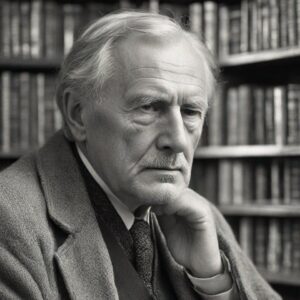
Carl Jung’s concept of the “shadow” challenges us to confront the hidden, repressed parts of ourselves—our fears, desires, and darker impulses. By acknowledging and integrating these aspects, we can achieve a more complete and authentic identity. Jung believed that within the shadow lies not only our deepest insecurities but also untapped potential and creativity. This journey into the unconscious, though difficult, is essential for achieving psychological wholeness and living a balanced, fulfilled life.
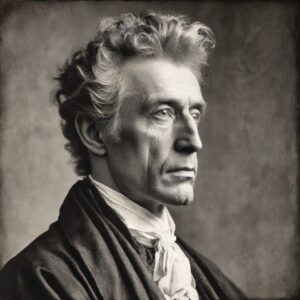
Kierkegaard’s exploration of the “leap of faith” invites us to confront the tension between the finite, tangible aspects of our lives and the infinite, where possibilities and transformations reside. By examining the story of Abraham and Isaac, Kierkegaard reveals the profound courage it takes to embrace the unknown, balancing our earthly existence with the boundless potential of the infinite. This journey through faith and reason offers a unique perspective on living a life that honors both our concrete reality and the deeper, transcendent possibilities within us.
The Mouseion: A Sanctuary for the Mind. Explore. Reflect. Transform.
© 2024 The Mouseion. All rights reserved.
Remember, Memento Mori—Live with purpose.
Join our newsletter to stay updated with exclusive insights, thought-provoking content, and the latest from our community.